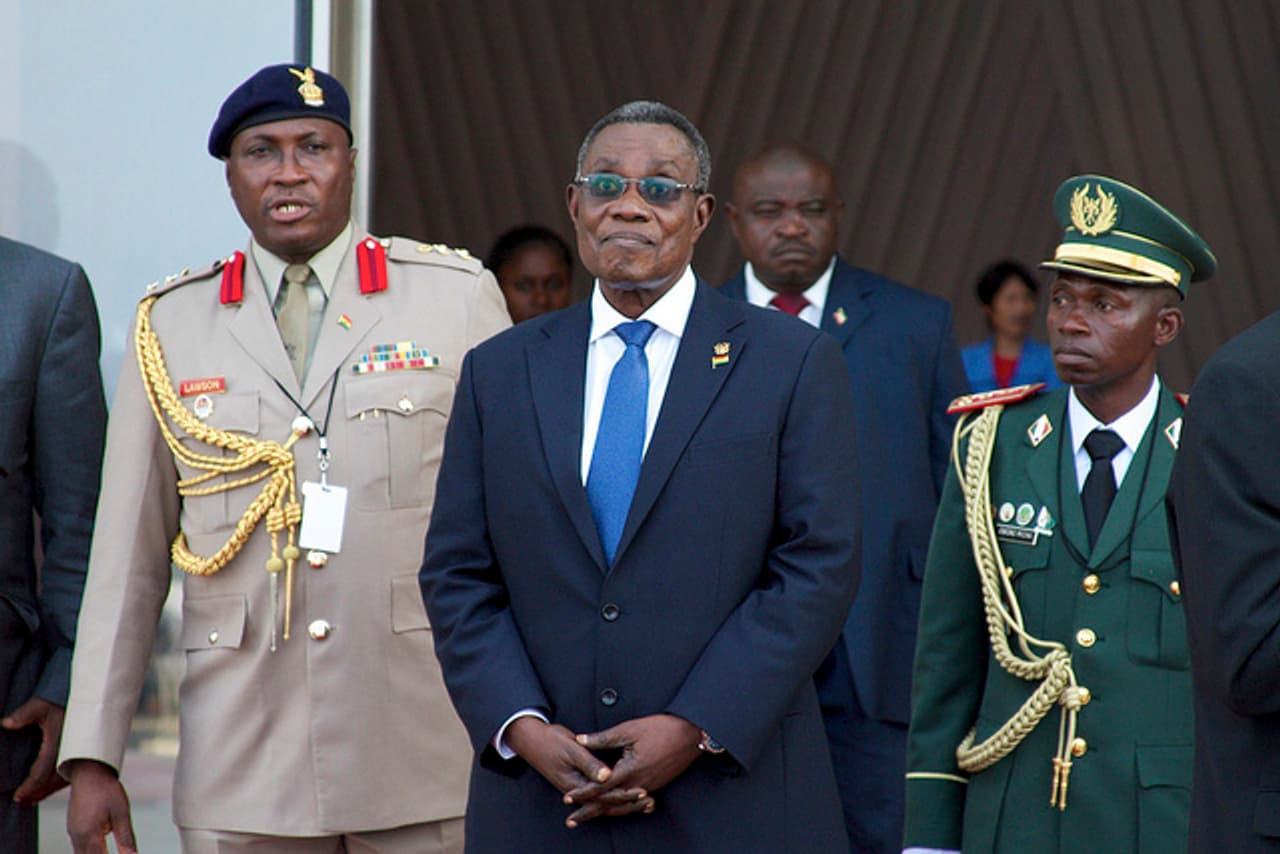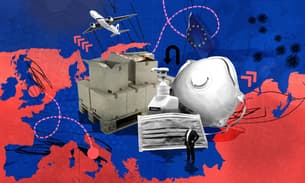
MPs’ trip to Equatorial Guinea used to endorse oppressive regime
The government of Equatorial Guinea has been criticised by human rights organisations
Three MPs, including Nadine Dorries, MP for Mid Bedfordshire, have condemned the use of an all-expenses-paid trip to Equatorial Guinea to endorse the west African state’s government.
The five-day trip, which cost more than £7,000, was paid for by the government of Equatorial Guinea via a Malta-based organisation, the Triarius Foundation.
The think-tank subsequently used the trip and the MPs’ attendance to promote the government of Equatorial Guinea in a report suggesting criticism of the regime is uninformed, trivial and self-interested. Leading human rights activitists including Amnesty and Human Rights Watch frequently attack the government for its human rights abuses and use of torture.
Dorries, who headed the delegation that visited the country in August 2011, was furious that the trip had been used to promote the regime. She said the report was ‘completely contrary’ to her own findings and that of the MPs who accompanied her including Steve Baker MP for Wycombe and Caroline Nokes, MP for Romsey and Southampton North.
Dorries also said she had not known about the report before being contacted by the Bureau.
The Triarius report names the MPs who attended the delegation and says its findings are based on the observations and experience of the members of the delegation as well as discussions with the UK Honorary Consul in Malabo and senior executives of Lonrho, Marathon Oil, Exxon, Sofitel, Gratia International, Clearwater Research Services and RPS Group.
A positive gloss
The report says:
- What may appear oppressive governance to an uninformed Western observer may be simply the expression of generally accepted attitudes and modes of activity.
- Equatorial Guinea has been criticised on [freedom of speech], although most widely at the trivial level of the self-interested, unrepresentative, and unaccountable pressure groups whose business models require them to generate indignation and concern among those from whom they rely for funding.
- Equatorial Guinea’s actual human rights record bears international comparison well.
- There is considerable general satisfaction with the government.
- Most inhabitants of Equatorial Guinea are proud of their country and its achievements, and find the negative attitudes of some parts of the West hard to understand.
Ms Dorries also said she was ‘quite cross’ about the report’s assertion that ‘all elements of the delegation were able to travel where they wished, and speak to whomever they chose,’ as this was not the case.
She added that the MPs who attended the trip would be producing a report shortly, with a working title of Children who Wash in Rivers.
Her fellow delegate Baker confirmed: ‘We made no contribution to the Triarius report, which diverges substantially from our own drafts.’
And journalist Ian Birrell, who also attended, wrote a long piece in the Observer: ‘The strange and evil world of Equatorial Guinea’, again making very different observations to those in the Triarius report.
The trip was organised with the help of Adrian Yalland, executive vice-president of London PR firm Chelgate, whose website describes clients with ‘politically sensitive, complex or complicated communications needs’.
Coup connections
In another twist the Triarius Foundation is run by Greg Wales, who was named in connection with an attempted coup in Equatorial Guinea in 2004.
Wales told the Bureau, ‘I don’t know how Nadine Dorries can disagree with the report. Is there obvious repression on the streets of Equatorial Guinea? No there isn’t.’ He added: ‘It didn’t occur to anyone that the British MPs wouldn’t be critical. But if their report is critical but factual it may mean a realistic discussion goes on.’
The Triarius Foundation aims to ‘encourage a wider and deeper understanding in the West of African and Islamic states’ and was set up by Mr Wales and ‘a bunch of others’ who he declined to name.
A day after the visit ended Mr Wales met Equatorial Guinea’s vice-minister of agriculture to discuss investment in the sector. ‘There are companies and organisations interested in investment to support rural development,’ he told the Bureau. ‘That’s something we’re helping to organise.’
He added: ‘One of the oddities of the place is that people who live there tend to be positive. Oil companies think the licensing regime is unusually stable, for example. Those who don’t live there think of it as some kind of bogeyman.’
Mr Wales went on to criticise human rights organisations such as Human Rights Watch, which he said were ‘in the business of political propaganda’. ‘Their work is for discussion among Western left/liberal ideologues, which is their source of funding. It has no wider application,’ he said.
But Mike Harris of Index on Censorship said: ‘President Teodoro Obiang is Africa’s longest lasting dictator, who uses censorship and spurious libel suits to try and silence his many media and human rights critics.’ He added: ‘Nobel Laureate Desmond Tutu and Nigerian author Chinua Achebe are among those who have put their names to public criticism of Obiang’s Xwell-documented record of human rights abuse, repression of press freedom, and official corruption.’
Adrian Yalland of Chelgate PR, who has previously worked with Ms Dorries on a campaign to amend abortion laws, and was formerly an approved Tory Party parliamentary candidate, said: ‘Chelgate was asked to offer short-term logistical support and liaison services relating to a delegation to Equatorial Guinea. The purpose of the delegation was to offer Parliamentarians and others an opportunity to report their findings and observations on the country. Chelgate has had no part in writing either the Parliamentary report or the Triarius Foundation report.’
Mr Yalland added that Chelgate was not carrying out public relations work for the government of Equatorial Guinea.




